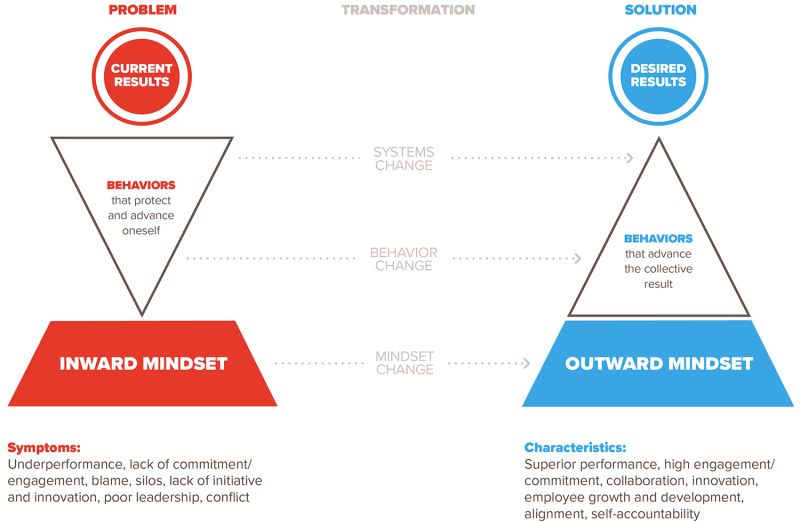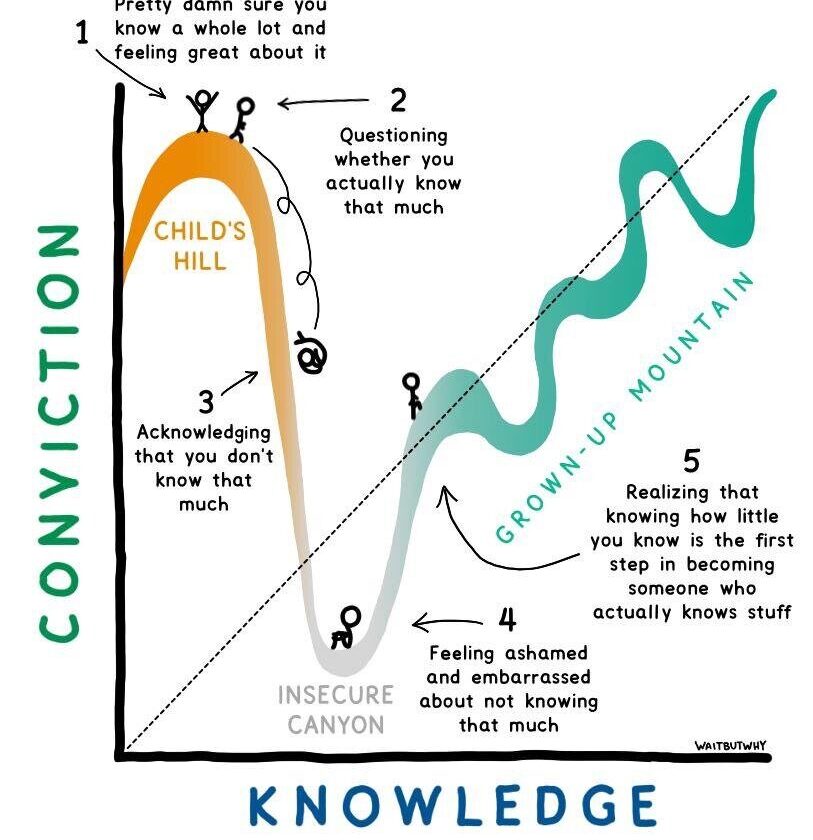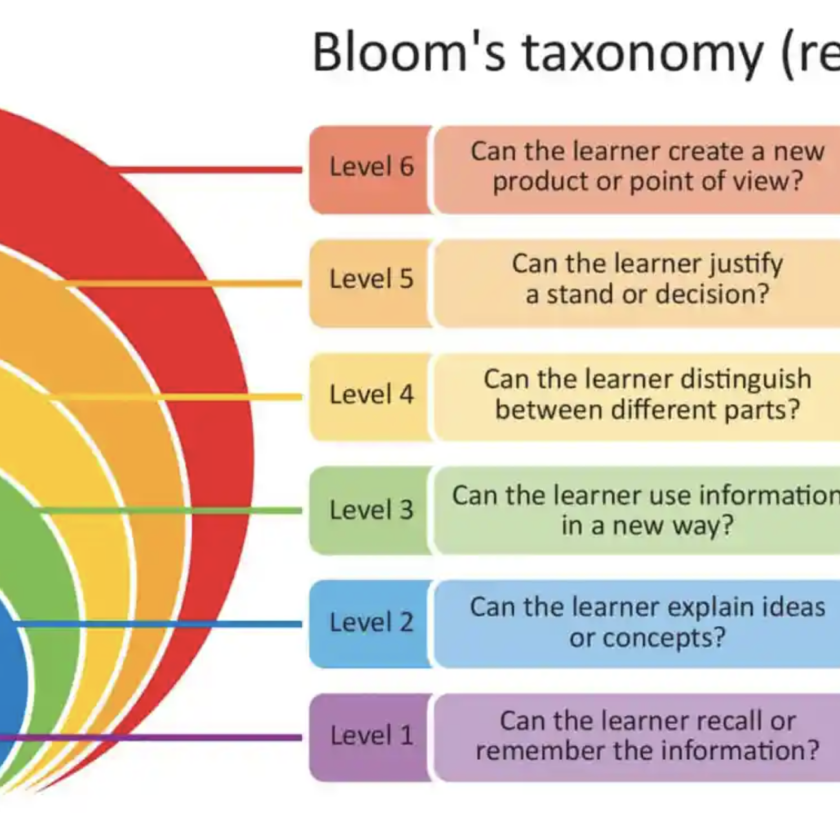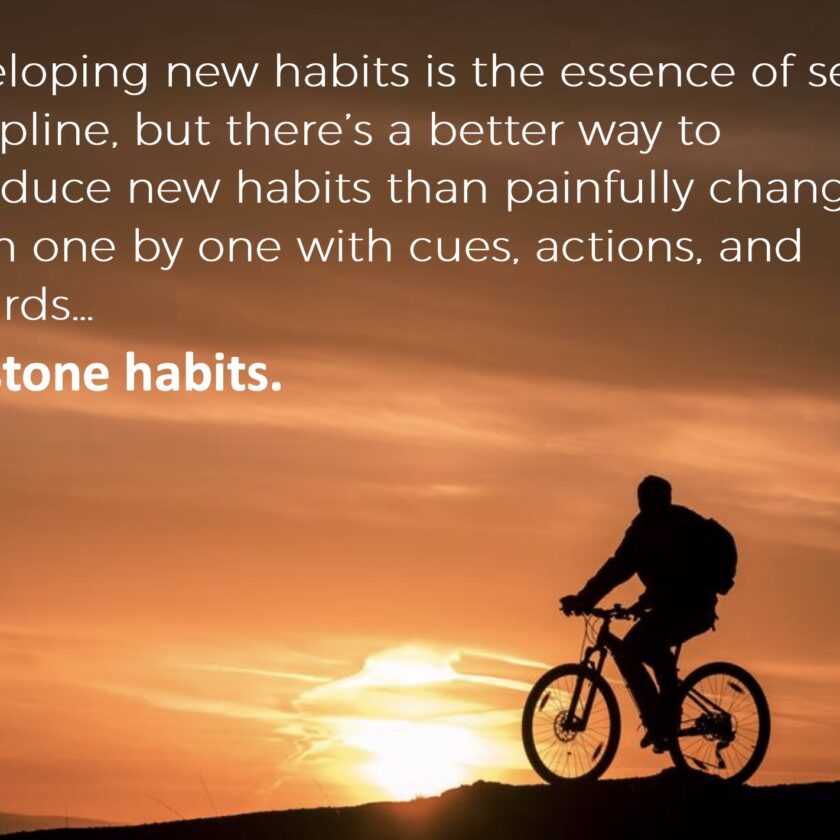Contents
- What is an outward mindset?
- How can build outward mindset?
What is an outward mindset?
Mindset is about how you experience your surroundings: with an inward mindset you focus on personal objectives, while people with an outward mindset take into account one’s impact on the views, needs and challenges of others. People with an Outward Mindset also take the perspectives, needs and challenges of others into account, adjust their behaviour accordingly and continue to monitor results.
An outward mindset is a way of seeing and relating to others that focuses on their needs, goals, and challenges, rather than on one’s own. An outward mindset helps people to see beyond themselves and to recognize the impact of their actions on others. An outward mindset also enables people to collaborate more effectively, resolve conflicts more constructively, and achieve better results
“The Outward Mindset powerfully demonstrates how teams can come together to deliver superior results. I had a hard time putting it down and, applying the frameworks myself, have seen an immediate, practical impact.”
—Dan Shimoff, Vice President, McGraw-Hill Education
According to The Arbinger Institute, the authors of The Outward Mindset: Seeing Beyond Ourselves, an outward mindset is the opposite of an inward mindset, which is a self-centered and narrow view of the world. People with an inward mindset tend to see others as objects, obstacles, or vehicles for their own purposes. They are often unaware of how their behavior affects others, and they tend to blame others for their problems. People with an inward mindset can create a lot of tension and conflict in their personal and professional relationships.
The Arbinger Institute claims that shifting from an inward mindset to an outward mindset can transform one’s life and relationships. They provide compelling stories and examples of how individuals and organizations have experienced positive changes by adopting an outward mindset. They also provide simple yet profound guidance and tools to help bridge the gap between one’s actual inward mindset and one’s needed outward mindset
How can build outward mindset?
“The Outward Mindset provides a compelling framework for self-
accountability. It is a must-read for leaders who are looking to mobilize themselves, their teams, or their organizations to achieve a collective goal.”
—Nancy Murphy
To apply the outward mindset in your personal and professional growth, you can try the following steps:
- Start with yourself. Before you can understand others, you need to understand yourself. Reflect on your own mindset and behavior, and how they affect your relationships and outcomes. Ask yourself: Am I seeing others as people or as objects? Am I focusing on what I want or what they need? Am I open to feedback and learning from others? Am I willing to change and improve myself?
- See others as people. Instead of seeing others as obstacles, vehicles, or irrelevancies, see them as people who matter as much as you do. Try to understand their perspectives, feelings, motivations, and challenges. Ask yourself: What are they trying to achieve? What are they struggling with? What are they hoping for? How can I help them?
- Adjust your efforts. Based on your understanding of others, adjust your actions and behaviors to support them and align with their goals. Seek to create value for them and contribute to their success. Ask yourself: What can I do differently or better to help them? How can I collaborate with them more effectively? How can I avoid or resolve conflicts with them? How can I measure and improve my impact on them?
- Track your progress and results. Monitor your mindset and behavior regularly, and evaluate the outcomes of your actions. Seek feedback from others, and learn from your successes and failures. Celebrate your achievements, and acknowledge your mistakes. Ask yourself: How am I doing with my outward mindset? What are the results of my efforts? What have I learned from this experience? How can I improve further?
By applying the outward mindset in your personal and professional growth, you can develop more positive and productive relationships with others, enhance your performance and satisfaction, and achieve your goals more effectively
Source book: The outward mindset





